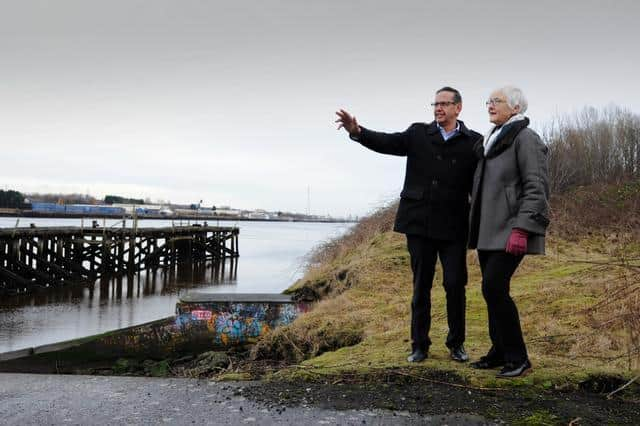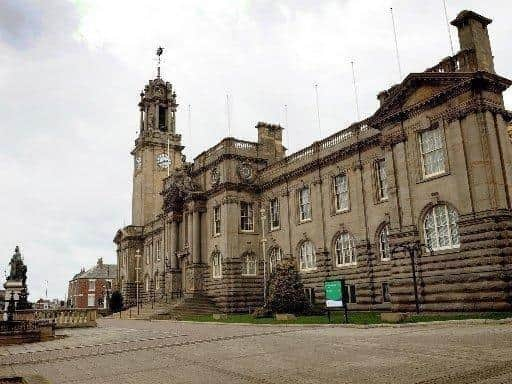Climate change, the other emergency - South Tyneside leader warns of 'potentially catastrophic' issue
and live on Freeview channel 276
Leaders at South Tyneside Council (STC) have approved their latest strategy to tackle climate and the borough’s carbon footprint.
But bosses have also admitted the measures may need extra cash to meet their target of being carbon neutral by 2030.
Advertisement
Hide AdAdvertisement
Hide Ad“Even as our attentions are rightly focused on the current epidemic it’s important to remember we continue to face an ongoing climate emergency that is a major, long term, potentially catastrophic, social issue,” said council leader Iain Malcolm.


“This strategy is not just well intentioned rhetoric, this document is based on close analysis of the evidence.
“It sets in detail a series of specific, realistic, achievable actions, within our power to take as an organisation, to significantly reduce our carbon footprint over an ambitious time timetable over the coming years, working towards our goal of net zero emissions by 2030.”
Coun Malcolm was speaking at a meeting of STC’s ruling cabinet, which approved the council’s new Climate Change Strategy on behalf of the full council, which has had its scheduled meetings cancelled due to the COVID-19 outbreak.
Advertisement
Hide AdAdvertisement
Hide AdIn 2019 the council formally declared a ‘climate emergency’ and promised to ‘take all necessary steps’ to become carbon neutral within 10 years.


Among the areas set to be targeted under the new strategy are:
:: Emissions from council buildings and schools
:: Street lighting
:: Transport
:: Biodiversity
Coun Tracey Dixon, the deputy leader of the council, said it was already taking steps such as moving from ‘old, inefficient buildings’ to ‘modern, centralised hubs’.
It is also investing in a 900kWp wind turbine at the Middlefields Energy Centre and plans to heat homes and offices with minewater from former coal seams, among other green energy schemes.
Advertisement
Hide AdAdvertisement
Hide AdCoin Dixon added: “The threat of climate change is real, weather patterns are changing, sea levels are rising, weather events becoming more extreme greenhouse gas emissions are now at their highest levels in history.
“There is no time for delay and with this comprehensive strategy and action plan we are now in a position to act.”
According to government figures, domestic, transport and industrial carbon emissions in South Tyneside fell by 37 per cent between 2005 – 2017.